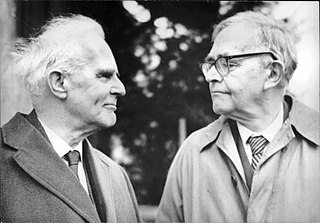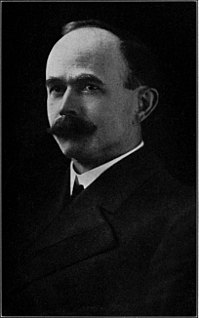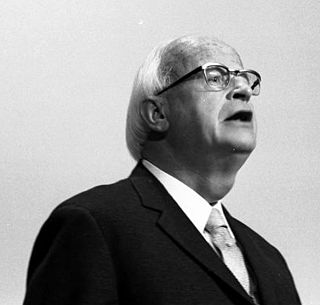A Quote by Brennan Manning
One of my realizations in such an earthy atmosphere was that many of the burning theological issues in the church were neither burning nor theological.
Quote Topics
Related Quotes
Neither theological knowledge nor social action alone is enough to keep us in love with Christ unless both are proceeded by a personal encounter with Him. Theological insights are gained not only from between two covers of a book, but from two bent knees before an altar. The Holy Hour becomes like an oxygen tank to revive the breath of the Holy Spirit in the midst of the foul and fetid atmosphere of the world
Thus, a vision of the whole gradually grew for me that was nourished by the various experiences and realizations I had encountered along my theological path. I rejoiced to be able to say something of my own, something new and yet completely within the faith of the Church. The feeling of aquiring a theological vision that was ever more clearly my own was the most wonderful experience of those years.
Now that they talk about Islam as being a violent faith, when you look at the history of Christendom, the Crusades and the many wars of religion that were fought, the cruelty of Christians in burning what they believed to be witches and burning heretics, and then very recently they were responsible for the Holocaust... it was Christians.
To restore our inflamed atmosphere to a hospitable state requires nothing less than rewiring the entire globe - and replace every oil-burning furnace, every gasoline-burning car, every coal-burning generating plant, with renewable, climate-friendly energy sources. The earth's fossil fuel resources have blessed us with a level of prosperity and abundance unimaginable a century ago. Today they are propelling us forward into a century of disintegration.



































